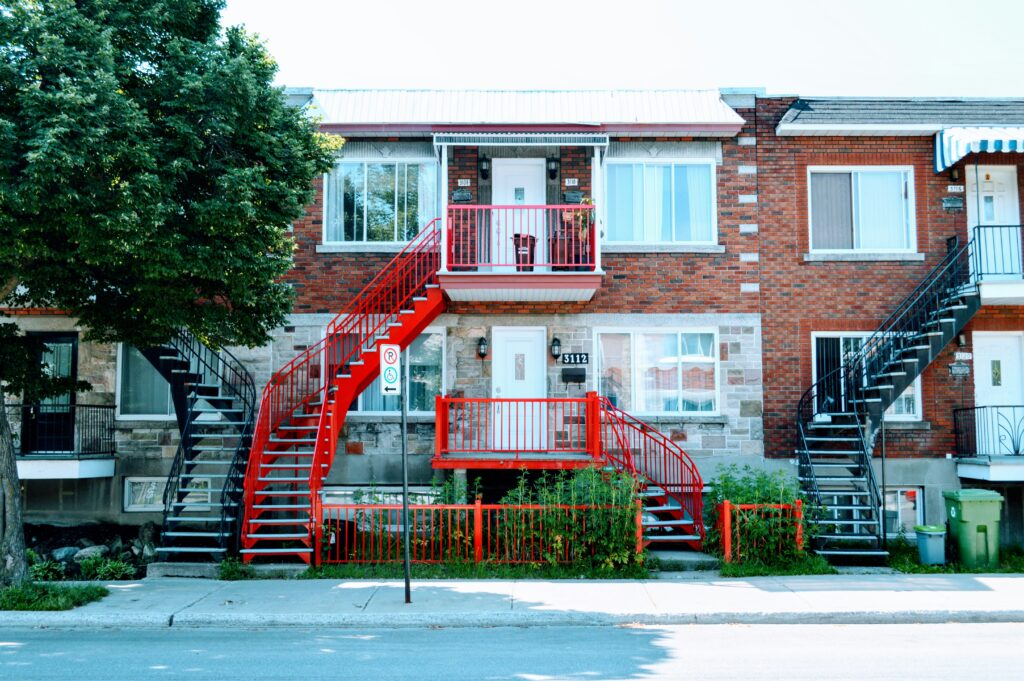
How Do You Deal With Nuisance Neighbours?
Most neighbours are easy going law-abiding citizens, but occasionally you may encounter those that prevent you from enjoying a peaceful life in your own home. The causes of neighbour disputes can be anything from barking dogs to parking and boundary issues, but the most common cause is noise. A one-off party could be excused but if it is a regular occurrence then action needs to be taken. So how do you deal with nuisance neighbours?
Talk to your neighbours
Before you ring the council or police, talk to your neighbours. Sometimes people are unaware that they are causing a nuisance. In most cases this will solve the problem. Find the right time to speak to them though as you may not get the desired result if you approach them in the middle of their party after they have had a few drinks. Speak calmly and let them know how their behaviour is affecting you, but be reasonable and ask if they could turn the volume down at a certain time or pre-warn you of their next gathering, rather than tell them not to have any more parties.
It’s a good idea to keep a diary of when an incident occurs and how long it lasts. There are even apps available to help such as The Noise App and BarkNark.

Landlord
If the problem persists and your neighbour is a tenant or leaseholder you may consider contacting the landlord or freeholder. The landlord could issue a warning or start legal proceedings if terms in the agreement or lease have been breached.
Local council
Contact the local authority if your friendly chat hasn’t worked. Bear in mind that if you report a nuisance neighbour to the council it will be on record and may make it harder for you to sell your house in the future. When selling your property, you are required to declare information regarding any neighbour disputes. If your buyer becomes aware of problems before purchase the deal may fall through but if you fail to divulge disputes and problems occur later, it could result in legal action against you.
Mediation
Your council may suggest mediation to help reach an agreement or compromise. A professional mediator will set up a meeting with you and your neighbour to discuss the issues and try to find the best outcome for both parties.
Police involvement
Noise nuisance is usually handled by the local authority but the police can intervene if the situation is becoming violent or intimidating. A verbal warning from police might be enough to stop the nuisance. Contact police to report anti social behaviour or if your neighbour is breaking the law.
Legal proceedings
If all else has failed and you are thinking of taking your neighbour to court you should seek legal advice. Check insurance policies as these sometimes include free advice.


